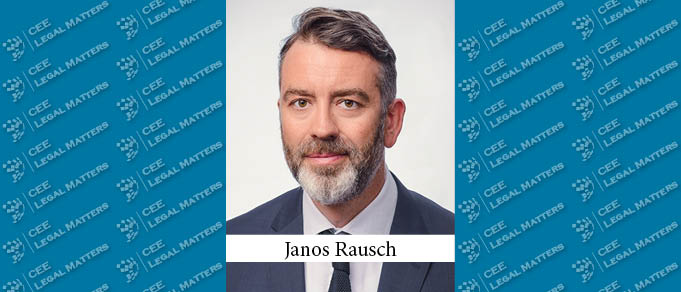Almost a year ago, in March 2020, the Hungarian regulator – the NMHH – announced that 5G frequency licenses had been auctioned for a term of 15 years with a 5-year extension option to Magyar Telekom, Vodafone, and Telenor (a fourth operator, Digi, did not acquire a 5G license). These three operators spent a total of HUF 125.8 billion on these 5G licenses, enabling them to provide next generation mobile broadband services. Vodafone started 5G services in downtown Budapest in 2019 on previously-acquired frequencies, using the newly acquired frequencies to improve coverage in other cities and certain rural areas. The 5G services – as well as related applications and technology products – are expected to fundamentally change the industry, as demand for broadband services has increased exponentially due the widespread introduction of home office due to the COVID-19 pandemic.
That same month, a new milestone in market consolidation was reached when, on March 31, 2020, UPC Hungary merged into Vodafone, introducing a new integrated mobile and fixed line operator into the Hungarian telecommunications market.
5G auctions were launched across Europe when the global commoditization of mobile services became more and more apparent and competition among mobile service providers started to shift from infrastructure-based to service-oriented competition. As 5G networks need significantly more masts and towers to cover the same area as former generations of mobile technology, access to pre-existing passive infrastructure has an increasing value when rolling out 5G networks.
In anticipation of the 5G auctions and the related increase in demand for passive infrastructure, two of the major mobile network operators – Vodafone and Telenor – decided to de-merge certain infrastructure assets (ground based towers and roof-top sites) and to establish their own tower companies (Vantage Towers Zrt for Vodafone and CETIN Hungary Zrt for Telenor). These tower companies provide their services to mobile network operators, other telecom operators like Antenna Hungaria (the Hungarian broadcasting company), and any other entities using mobile technologies for their operations. (Our firm provided legal advice to Vodafone in its de-merger, which, like Telenor’s, involved complex legal challenges involving regulatory, competition, and corporate law issues).
The demerger process in both cases involved the de-merger of towers and other sites containing not only affiliated service provider equipment but also the equipment of third-party operators, requiring the renegotiation of almost all co-location agreements across all network operators. An even more complex issue was the transfer of roof-top leases, as the right to occupy space by the predecessor operator post de-merger had to be maintained.
The main difference between the two de-merger processes was that Telenor transferred not only passive infrastructure assets but also active telecommunications equipment. As a result, CETIN became an electronic service provider. This was not as straight-forward in case of Vantage Towers, which only owns passive infrastructure. As reflected in the NMHH register, both tower companies are identified as electronic service providers, as towers and masts are considered “associated facilities” for the purposes Hungary’s Act C of 2003 on Electronic Communications, so Vantage Towers is also an electronic communications service provider. This means that both tower companies are obliged to provide co-location services on a non-discriminatory basis.
As network assets were transferred to the tower companies it had to be decided whether they were automatically considered successors to their related mobile network operators with respect to the access remedy imposed on them under the mobile termination market SMP resolution. The answer to this seems to be that only the mobile network operators remain subject to the access remedy. Whether these tower companies enjoy significant market power on other markets will be decided in potential future market definition proceedings. Currently it is too early to speculate.
It remains to be seen how the tower companies will perform and how the mobile telephony market will change as a result of their entry into the market. Nevertheless, it is almost certain that consumers will benefit from the cost savings that mobile network operators will realize by sharing passive infrastructure in the roll-out of their 5G networks.
By Janos Rausch, Senior Partner, Ban, S. Szabo, Rausch & Partners
This Article was originally published in Issue 8.2 of the CEE Legal Matters Magazine. If you would like to receive a hard copy of the magazine, you can subscribe here.



